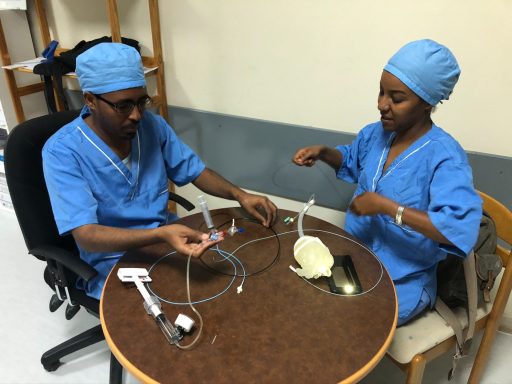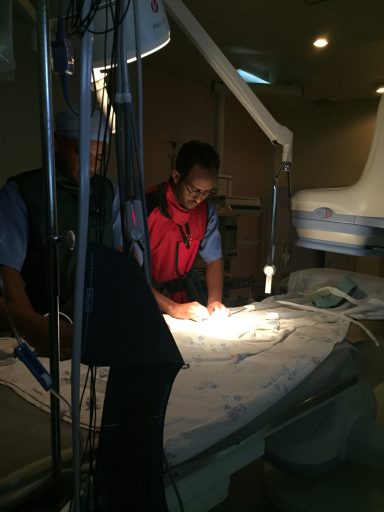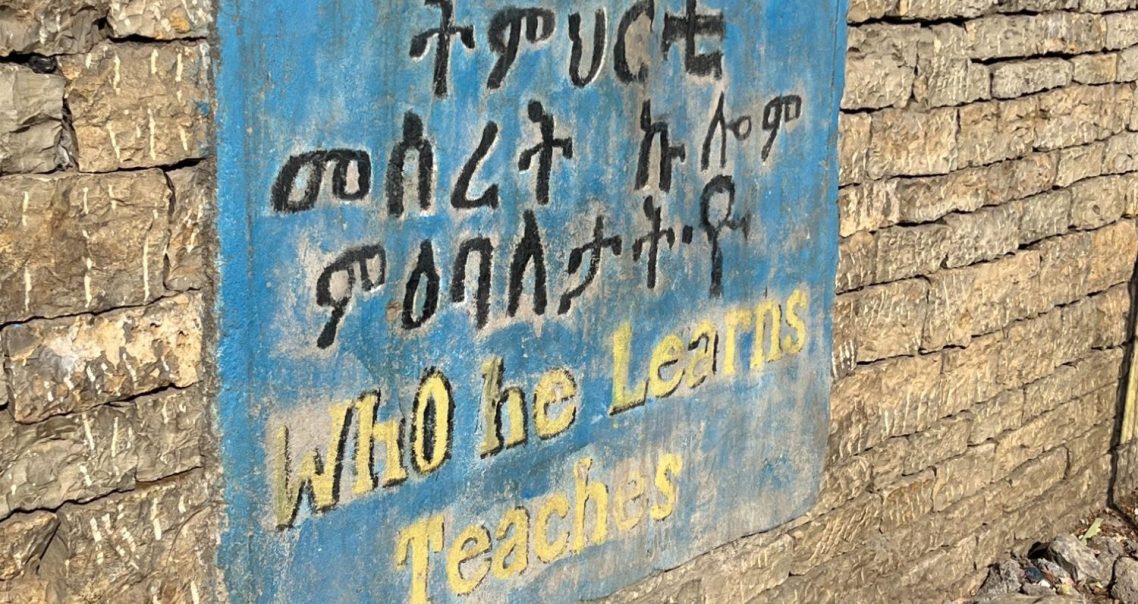
Project 'Student4Student'
Bridging Gaps to Empower Futures.
Student4Student is an initiative based on the concept of "helping people to help themselves", aiming to empower medical students in Ethiopia through financial support for their education. However, this project is not about one-sided charity. It is about creating a mutual partnership between students across borders, where financial contributions from students in Germany help to create more opportunities for their peers in Ethiopia. This exchange is based on shared values and mutual respect, with a focus on equal empowerment and collaborative growth.
By participating in this project, German students are not just providing financial support - they are engaging in a global learning exchange where all participants contribute to a collective goal of creating educational equity.
Student4Student supports the Sustainable Development Goals (SDGs), in particular SDG 4: Quality Education, SDG 10: Reduced Inequality and SDG 17: Partnerships for the Goals, by creating a framework of shared responsibility and collective action.
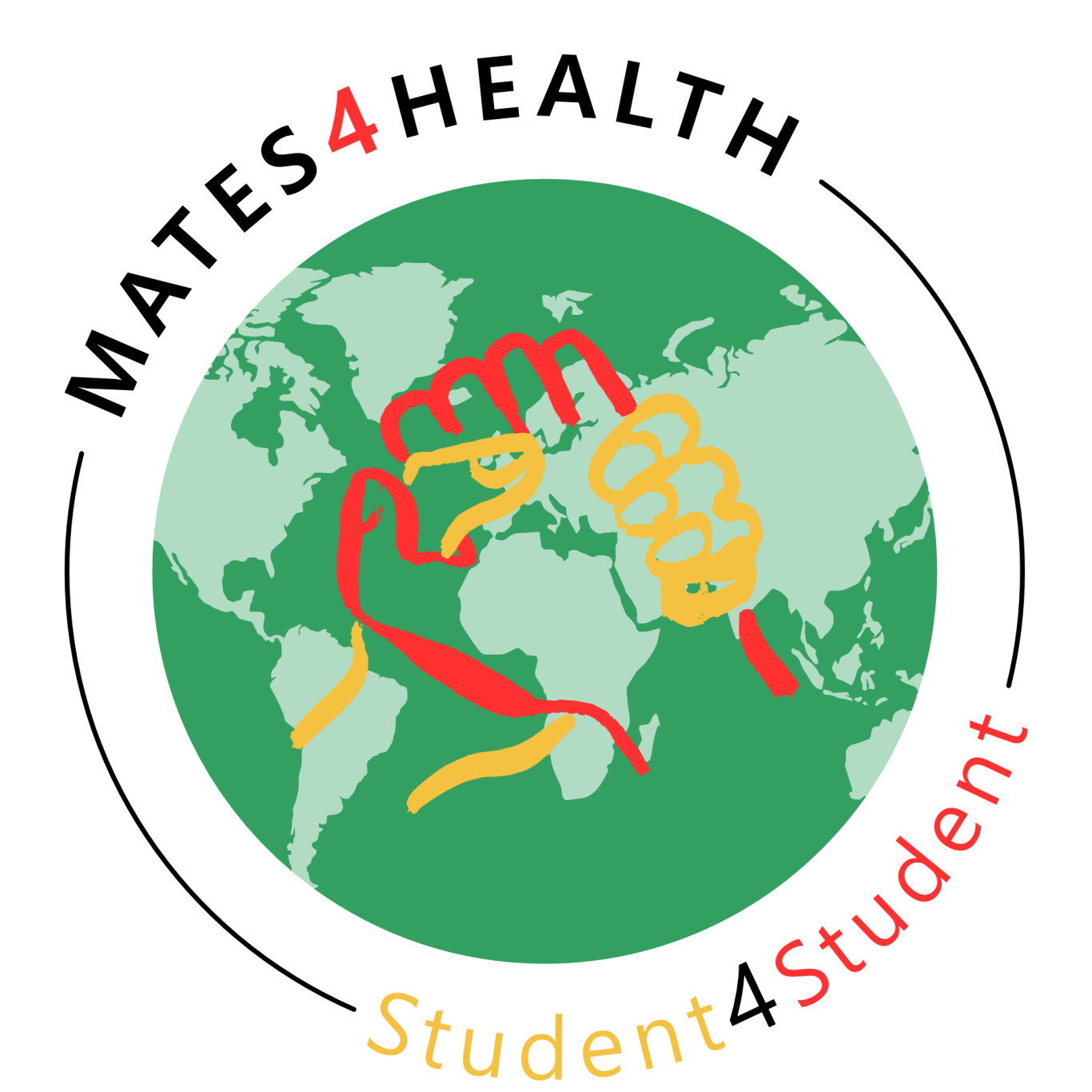
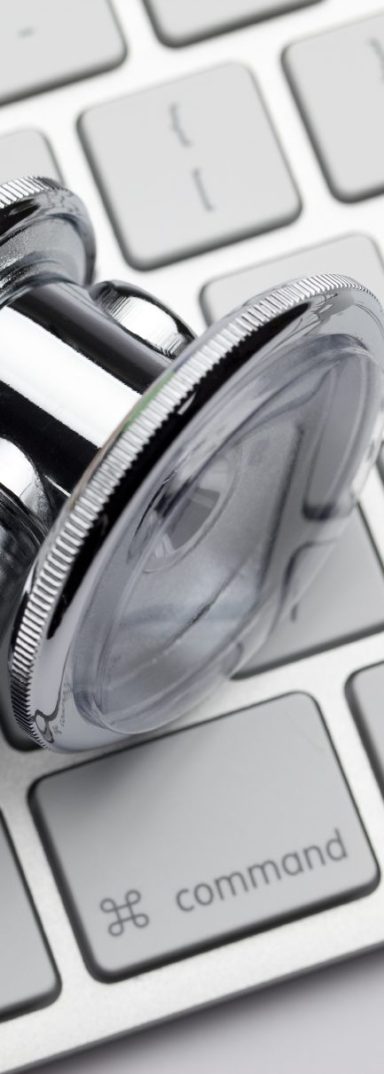
Project Description
This project invites students to support each other, learn together and grow as peers.
Through direct contact with medical students in Mekelle and valuable insights from the NGO Etiopia-Witten e.V., we became aware of the challenging situation in which many medical students in Tigray find themselves after the war. Many students lost family members and are now without financial support. Althoug the university provides accommodation and meals, essential items such as study materials and hygiene products are often too expensive.
The Student4Student initiative aims to create a partnership-driven connection between medical students in Munich and Mekelle, based on mutual learning, solidarity and shared growth. The idea was born out of the desire to establish a platform that promotes direct exchange and collaboration between students from both universities.
Financial support is, of course, part of the initiative. However, we know that financial contributions can sometimes create an imbalance. To counteract this, we additionally focus on creating a collaborative, equal exchange where both groups benefit from shared learning, cultural insights and engagement. This (hopefully) ensures that students from both sides are not just recipients or givers, but actively contribute to the relationship, resulting in empowerment rather than dependency.
Beyond medical knowledge, the project also offers opportunities for cultural exchange and personal development. By broadening our perspectives and engaging in dialog, we can jointly contribute to the improvement of medical education while enhancing our understanding of global health challenges and different cultural experiences. This enables both sides to develop professionally and personally.
With this project, we aim to promote a sustainable, long-term collaboration that builds on the principles of solidarity, respect and shared learning. This partnership not only supports Ethiopian students, but also broadens the horizons of Munich-based students, contributing to their understanding of global health, social justice and intercultural topics.
Our long-term goal is to ensure that all participants - whether in Ethiopia or in Germany - develop skills, perspectives and relationships that empower them to contribute to positive change and become better, cultural-sensitive doctors.
01
Next Steps
Learn More
Take the time to thoroughly explore the project and ensure you have a genuine interest in the professional, cultural and personal exchange it offers. This step is crucial for building the strong partnership we aim for. If you have any questions, feel free to reach out to us before signing up. We want you to be certain that this project is the right fit for you.
02
Sign Up
Once you are sure about your interest, complete the registration form to sign up. Registration is open at any time. Upon completion, you will receive a confirmation email.
03
Start the Exchange
After being matched with your partner, the exchange begins. Engage in regular communication, discuss medical topics and share cultural insights. You will support each other while learning and growing together.
Of course, the financial support of an Ethiopian student is also a key component of the project. By contributing monthly, you will help an Ethiopian student focus on their education. The minimum commitment is one year, though a longer commitment is of course preferred. To allow you and your partner to focus fully on the exchange, mates4health takes care of the transparent and efficient transfer of funds.
Hard Facts
Who can participate:
Medical students from the Ayder Referral Hospital in Mekelle, Ethiopia and the LMU Munich, Germany
Duration of commitment:
minimum 1 year; longer commitments are encouraged
Financial contribution:
15 EUR per month per student
Fund management
mates4heath manages the monthly fund transfer (without additional costs) and ensures the funds are directly receved by the students.
Support provided by mates4health
mates4health ensures smooth and effective communication between both sides, offering guidance nd support throughout the entire project duration.
- We carefully match students based on their study semester and interests to ensure a successful exchange experience.
- We provide ongoing support to both sides and foster an environment of trust and mutual learning. We facilitate regular check-ins and ensure that both sides are engaged and benefiting from the exchange.
- We manage the transparent and efficient transfer of funds, ensuring that the financial support reaches the Ethiopian students directly and on time, allowing them to focus on their studies.
- We offer access to resources, events and networking opportunities to further enhance the learning and collaboration experience for both Ethiopian and German students.
- We support both sides in navigating the cultural and professional differences, ensuring that the exchange remains a valuable and enriching experience for evryone involved.
How to sign up:
Interested students can register at any time via our online registration form below. Once registered, you will receive a confirmation email from us.
Questions?
If you have any questions about the project, feel free to contact us by email at any time. Email us!
Registration for 'Student4Student'
To ensure a smooth matching process, please select the correct registration form based on your location. This distinction helps us match students effectively and provide the best possible support for both sides. If you have any questions, feel free to reach out before registering!
For students in Mekelle
If you are a medical student in Mekelle looking to join the program, please use this form:
For students in Munich
If you are studying at LMU in Munich and would like to participate, please use this form:
Shared Growth: Benefits for Both Sides
01
Mutual Learning & Medical Exchange
Gain firsthand insights into different healthcare systems, medical practices and patient care approaches while sharing your own knowledge and experiences.
02
Strengthen your intrinsic motivation.
Engage in a project that is driven by passion and purpose, reconnecting with the core reasons why you chose to pursue medicine in the first place. Sharing ideas and innovative approaches can inspire all students to explore new paths in their medical education.
03
Build international connections.
Join a network of future healthcare professionals from Ethiopia and Germany, creating lasting friendships and professional relationships that transcend borders. This aligns perfectly with mates4health's mission of building bridges and promoting intercultural understanding.
04
Develop a global perspective.
Broaden your understanding of global health by gaining insights into different healthcare systems, experiencing dverse medical challenges and learning about culturally adapted solutions. This experience promotes a more holistic approach to medicine - valuable no matter where you decide to practice medicine.
05
Start international collaborations.
Contribute to an initiative that fosters teamwork, knowledge-sharing and joint problem-solving between Ethiopian and German medical students. By building long-term relationships, students can learn from each other and jointly develop solutions for global medical challenges.
06
Create sustainable impact.
Play an active role in shaping a partnership that goes beyond financial support, emphasizing solidarity, education and long-term medical collaboration. Support SDG 17 - Partnerships for the Goals, and create lasting impact through meaningful international collaboration.
From conception to realization
Prof. Haas, the treasurer of mates4health, shares the story behind the project idea
My connection with the pediatric team in Mekelle, Ethiopia, began nearly a decade ago when a colleague from the region came to Germany for advanced training in pediatric cardiology. During his six-month stay, we shared knowledge, experiences and ideas. Upon his return to Mekelle, he took on a leadership role as the head of the pediatric cardiology department, applying his expertise within the local healthcare system.
Over the years, we remained in contact, and I eventually traveled to Mekelle to gain a deeper understanding of the medical landscape and foster closer collaboration. Inspired by the dedication of the young leadership team at Ayder Referral Hospital to improve the situation, we started working together on several local projects in collaboration with the NGO Etiopia-Witten e.V. These projects, guided by the needs identified by our colleagues in Mekelle, ranged from 3D model-based training for cardiac catheterization to consultations on intensive care management and social projects like 'Dignity Period'. Medical students from Ludwig Maximilian University (LMU) Munich also became involved, traveling to Mekelle as part of their doctoral projects, engaging in academic exchange with university faculty and local students.
For nearly three years, the war and the COVID-19 pandemic unfortunately put our collaboration on hold. When we returned in early 2024, we witnessed the severe impact of the crisis on local healthcare and education. In response, and in close dialogue with our colleagues in Mekelle, we renewed our commitment - working to deepen our engagement, foster sustainable support for local medical teams and building connections between medical students in Munich and Mekelle.
Lorem ipsum dolor sit amet, consectetur adipiscing elit. Nulla euismod condimentum felis vitae efficitur. Sed vel dictum quam, at blandit leo.
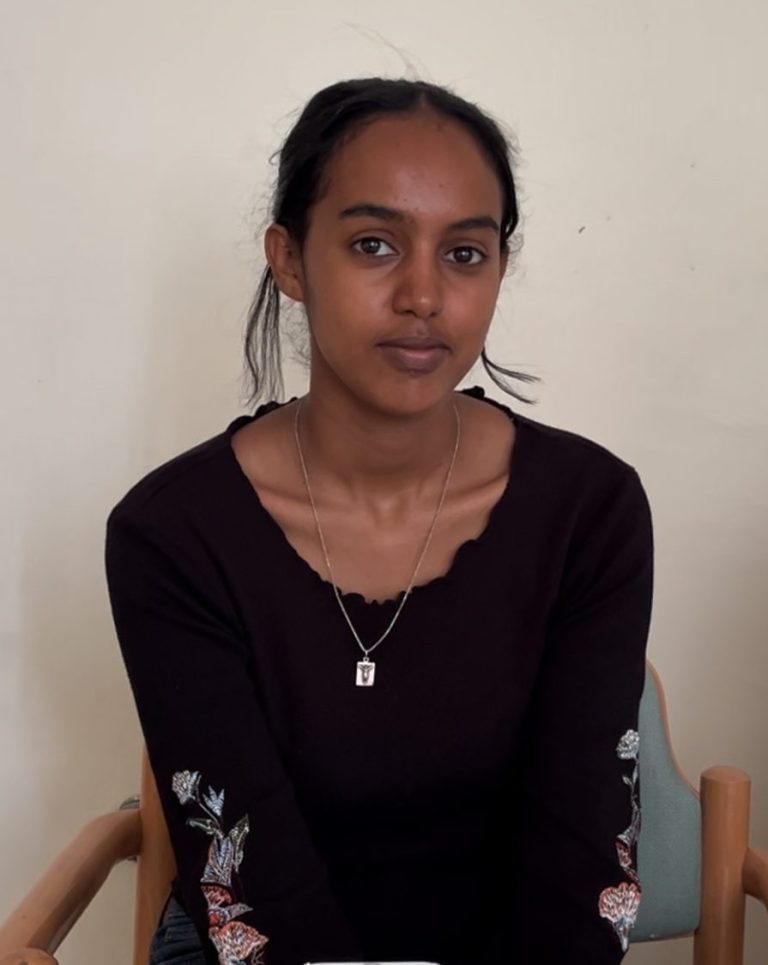
Medical Studies in Mekelle, Ethiopia
Selomie, representative of the medical students, shares:
Ayder Comprehensive Specialized Hospital is a teaching hospital that is part of Mekelle University and offers courses in health sciences, such as medicine, dentistry, and public health, among others. As a medical student myself, let me briefly explain how the system works here.
After completing the national examination given in grade 12, students with high scores who want to study medicine are placed in medical schools across the country. Following this, common courses such as sophomore English, medical ethics, and civics are offered to students. Upon completion of these courses, students then join the preclinical years.
Since 2019, the curriculum has been revised. Under the two years of preclinical studies, students are provided with 11 system-based modules, community-based training, and some public health courses. One module, for example, might be the cardiovascular system. Anatomy, histology, embryology, physiology, biochemistry, microbiology, pathology, and pharmacology - all related to the cardiovascular system - are included in that module. At the end of the module, we take an exam, complete the module, and move on to another system. For example, the respiratory system, where the same courses, but now related to the respiratory system, are completed again.
In a certain pattern, among these modules, we also participate in community-based training. We conduct surveys and research aimed at solving the community’s problems. There are a total of four such programs during our time in medical school. Epidemiology, biostatistics, nutrition and reproductive health are also part of the preclinical courses. At the end of the preclinical years, we take a qualification exam before moving on to the clinical years.
Clinical years take roughly 2 years as well. Clinical year one (C-I) consists of 4 major rotations; Surgery, internal medicine, pediatrics and gynecolog. Each rotation lasts 10 weeks. Clinical year two (C-II) includes minor attachments like ophthalmology, ENT, dentistry and dermatology, in addition to the 4 attachments from C-I. This year is focused more on management.
Qualification exam is then given at the end of C-II, after which follows the internship. During the internship, students work at the hospital for one year, rotating among the 4 major attachments (three months each). Upon completion, students graduate and become General practitioners (GPs). GPs are required to have 2 years of experience before they can apply for residency programs at teaching hospitals across the country.

Want to reach out to us?
Got questions about the project? Do you need help with signing up or anything else? Get in touch with us!
We look forward to hearing from you.
Be the change that you wish to see in this world.
Mahatma Gandhi
Wir benötigen Ihre Zustimmung zum Laden der Übersetzungen
Wir nutzen einen Drittanbieter-Service, um den Inhalt der Website zu übersetzen, der möglicherweise Daten über Ihre Aktivitäten sammelt. Bitte überprüfen Sie die Details in der Datenschutzerklärung und akzeptieren Sie den Dienst, um die Übersetzungen zu sehen.


